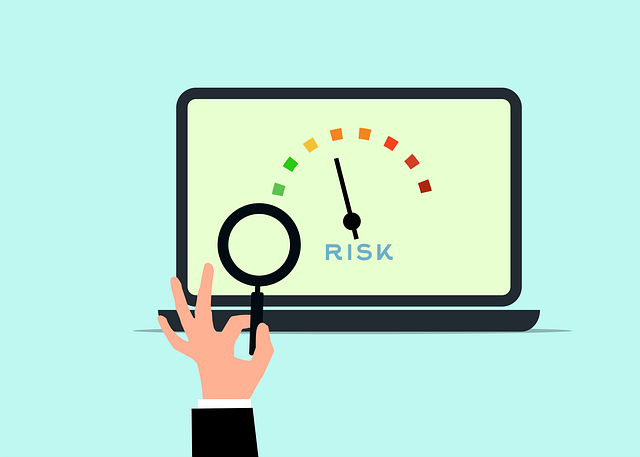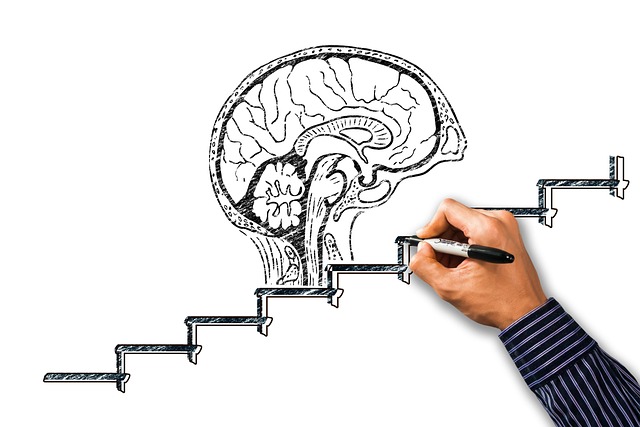In today's business environment, workplace sustainability is crucial, driven by global environmental and social responsibility. Organizations are adopting 5S training, a structured system from lean management, to achieve this. By implementing Sort, Set in Order, Shine (clean), Standardize, and Sustain practices, businesses can enhance organization, standardize processes, reduce waste, boost efficiency, and improve employee satisfaction. This approach leads to sustainable practices, increased productivity, and a culture of continuous improvement, ultimately strengthening business resilience.
In today’s world, workplace sustainability initiatives are not just ethical responsibilities but also strategic imperatives. As businesses strive for efficiency and competitiveness, integrating sustainable practices becomes crucial. This article explores key strategies to foster a greener workplace, focusing on 5S training for organization, lean management for efficiency, process standardization for continuous improvement, and measuring success within a culture of sustainability.
- Understanding the Need for Workplace Sustainability Initiatives
- Implementing 5S Training: A Foundation for Sustainability
- Integrating Lean Management Principles for Efficient Operations
- Achieving Continuous Improvement through Process Standardization
- Measuring Success and Cultivating a Culture of Sustainability
Understanding the Need for Workplace Sustainability Initiatives

In today’s business landscape, workplace sustainability initiatives are no longer an optional consideration but a strategic necessity. The global focus on environmental and social responsibility has trickled down to workplaces, where organizations are increasingly recognizing the impact of their operations on the planet and society at large. This shift is driven by both external pressures and internal motivations to create healthier, more efficient, and resilient work environments. By embracing workplace sustainability, companies can mitigate their environmental footprint, improve employee satisfaction, and enhance their overall competitiveness in the market.
One effective approach to fostering sustainability within organizations is through structured systems like 5S training and lean management principles. These methodologies promote workplace organization, process standardization, and continuous improvement (5S continuous improvement). By implementing 5S, which emphasizes sorting, setting in order, shining a light, standardizing, and sustaining, businesses can streamline operations, reduce waste, and create safer, more efficient work spaces. This not only contributes to sustainability goals but also improves productivity and employee engagement.
Implementing 5S Training: A Foundation for Sustainability

Implementing 5S Training is a powerful way to lay the groundwork for a sustainable workplace. This Japanese method, rooted in lean management, focuses on workplace organization and continuous improvement. By teaching employees the 5S principles—Sort, Set in Order, Shine (clean), Standardize, and Sustain—companies can transform their spaces into efficient, eco-friendly environments.
Through 5S training, workers learn to minimize waste, optimize processes, and create standardized procedures. This not only enhances productivity but also reduces environmental impact. By maintaining an organized workspace, teams can streamline operations, eliminate unnecessary steps, and promote a culture of sustainability that extends beyond the physical space.
Integrating Lean Management Principles for Efficient Operations

In today’s business landscape, integrating Lean Management principles is a game-changer for workplace sustainability initiatives. By focusing on process standardization and workplace organization, companies can achieve efficient operations that reduce waste and enhance productivity. The 5S training methodology—Sort, Set in Order, Shine (Clean), Standardize, and Sustain—serves as a powerful tool for implementing these principles. It promotes a culture of continuous improvement where every employee plays a role in streamlining workflows and maintaining an organized environment.
This approach not only improves productivity but also contributes to sustainability by minimizing resource wastage and reducing energy consumption. Through regular 5S audits and continuous improvement practices, organizations can ensure that their operations remain lean, efficient, and environmentally friendly. By adopting these methods, companies can foster a workplace where every action aligns with sustainability goals, ultimately leading to a more robust and resilient business.
Achieving Continuous Improvement through Process Standardization

Workplace sustainability initiatives can greatly benefit from achieving continuous improvement through process standardization. By implementing lean management principles and 5S training, organizations can streamline their operations, reduce waste, and enhance overall efficiency. The 5S methodology—Sort, Set in Order, Shine (Clean), Standardize, Sustain—provides a structured framework for workplace organization that encourages employees to maintain order and improve processes regularly.
Process standardization ensures that tasks are performed consistently and effectively across departments and teams. This not only reduces errors but also fosters a culture of continuous learning and enhancement. By standardizing processes, organizations can identify bottlenecks and inefficiencies more easily, allowing them to make data-driven adjustments to further optimize their operations.
Measuring Success and Cultivating a Culture of Sustainability

Measuring success and cultivating a culture of sustainability go hand in hand when implementing workplace initiatives. To truly gauge the impact of your efforts, adopt methodologies like 5S training and lean management principles. This involves systematically organizing workspaces through 5S (sort, set in order, shine, standardize, sustain) to enhance efficiency and reduce waste. By standardizing processes, you create a foundation for continuous improvement, enabling regular reviews and adjustments that align with sustainability goals.
A culture of sustainability thrives when employees embrace these practices as second nature. Regular training sessions, clear communication channels, and inclusive decision-making processes empower staff to take ownership. This fosters a sense of accountability where everyone contributes to environmental stewardship, be it through minimizing resource consumption, maximizing recycling efforts, or adopting eco-friendly alternatives in their daily tasks.
Workplace sustainability initiatives are not just a trend but an essential shift towards a greener and more efficient future. By combining 5S training for robust workplace organization, integrating lean management principles to streamline operations, and adopting process standardization for continuous improvement, organizations can achieve significant gains. These strategies together foster a culture of sustainability that not only benefits the environment but also enhances productivity and employee satisfaction. Embracing these practices is a step towards creating a more sustainable and prosperous future for businesses and the planet alike.
